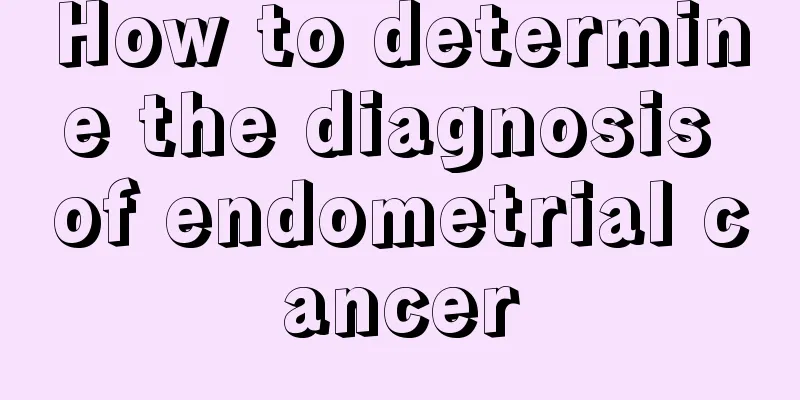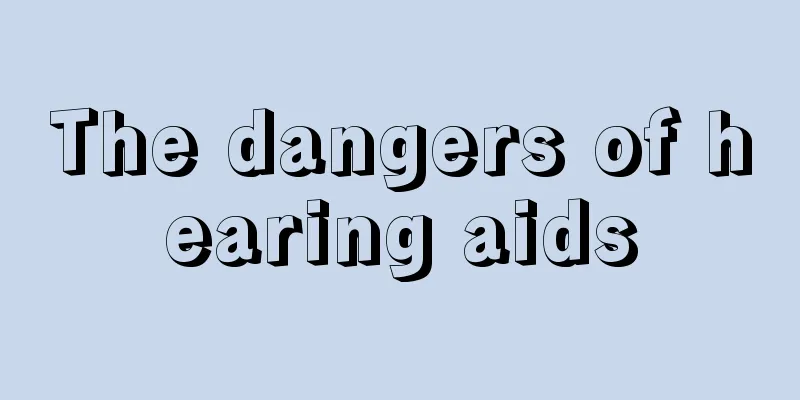What are the nutritional heart drugs

|
Heart disease is a common and frequently occurring disease among modern people, and in severe cases it can endanger a person's life. Therefore, it is particularly important to prevent and care for heart disease in daily life. The peak incidence of heart disease is after the age of 40, so prevention is the key. We should avoid excitement and irritability from a young age and eat more foods that are beneficial to the cardiovascular system. If you occasionally have uncomfortable symptoms of your heart, you should see a doctor as soon as possible and take some heart-nourishing medications to prevent the onset of heart disease. Nutritional heart medications: 1. Quick-acting Heart-saving Pills: Indications: coronary heart disease, angina pectoris. Usage: Oral administration, 4-6 tablets at a time, 3 times a day; in case of acute attack, 10-15 tablets at a time. Quick-Acting Heart-Saving Pills When the precursor symptoms of coronary heart disease such as chest tightness, discomfort in the precordial area, and soreness in the left shoulder appear, you should quickly take Quick-Acting Heart-Saving Pills orally. Do not wait until the typical angina pectoris attacks before taking it orally. The initial dose should be small, usually 4 tablets, and it will take effect 5 minutes after oral administration. When the drug takes effect, there should be a bitter and spicy taste under the tongue and a refreshing and cool feeling. If there is no relief after 10 minutes, you may take another 4 to 6 pills as appropriate. If it does not work after 2 to 3 consecutive times, go to the hospital for treatment immediately. 2. Compound Danshen Drops: Indications: Prevention, treatment and first aid of coronary heart disease and angina pectoris. Usage: Orally or sublingually, 10 capsules at a time, three times a day, for 28 days or as directed by a doctor. Note: Use with caution in pregnant women. 3. Compound Danshen Tablets: Indications: chest tightness and angina pectoris. Usage: Oral. Take 3 tablets at a time, 3 times a day. Note: Use with caution in pregnant women. 4. Xinnaokang Capsule: Indications: Promote blood circulation and remove blood stasis, open the orifices and relieve pain, dilate blood vessels, and increase coronary blood flow. Used for coronary heart disease, angina pectoris and cerebral arteriosclerosis. Usage: Oral, 4 capsules at a time, 3 times a day. 5. Di'ao Xinxuekang: Indications: promote blood circulation and remove blood stasis, promote qi circulation and relieve pain, dilate coronary blood vessels, and improve myocardial ischemia. Used to prevent and treat coronary heart disease, angina pectoris, and chest pain, dizziness, shortness of breath, palpitations, chest tightness or pain caused by internal blood stasis. Usage: Oral, 100-200 mg at a time, 3 times a day; or as directed by a doctor. Early symptoms of heart disease: 1. Tinnitus. According to past heart disease cases, hypertensive heart disease, heart disease caused by arteriosclerosis, coronary heart disease, etc. all have tinnitus symptoms to varying degrees. Experts say that if middle-aged people over the age of 45 have continuous or frequent tinnitus for up to a week, they should go to the hospital for examination in time. 2. Snoring. Some researchers say that snoring during sleep actually means that the heart is still working, which is an alarm sign for heart disease. If a person has symptoms of long-term snoring, he or she should pay more attention to it, because this person is more likely to suffer from cardiovascular diseases such as heart disease and stroke than people who do not snore. 3. Shoulder pain. Many middle-aged and elderly people suffer from periarthritis of the shoulder, but they don’t know that shoulder pain may also be a sign of heart disease. In fact, many patients with heart disease also have symptoms of shoulder pain, especially the left shoulder or left arm, which often experience paroxysmal pain, which is related to blood flow and nerve direction. According to statistics, about 65% of patients with coronary heart disease have symptoms of shoulder pain. If middle-aged and elderly people experience shoulder pain, special attention should be paid. 4. Chest pain. Some patients with cardiac neurosis have symptoms of chest pain, which often occurs in the left chest breast or under the breast, and usually lasts for several hours or days. 5. Difficulty breathing. Many heart patients experience chest tightness and dyspnea, which are especially evident after activity and relieved when lying down or sitting at night. 6. Edema. Heart disease patients experience edema due to excessive heart load, which leads to obstruction of venous return. This is also the most common symptom of heart disease. Once you notice mild edema, you should be alert to heart disease. |
<<: Tips to whiten teeth quickly
>>: What to eat to supplement nutrition when having a fever
Recommend
Is esophageal cancer contagious?
Esophageal cancer is a malignant tumor that occur...
Mole on the side of palm
Moles can appear on different parts of the body. ...
My chest would sometimes beat violently
The human heart usually beats in a steady and con...
Reasons for right chest throbbing
Most of our human heart is on the left side of th...
What to do if pores become larger in summer
Large pores are a common phenomenon in life. Many...
The best medicine for migraine
Migraine is a relatively common type of headache ...
Eating more soy milk and milk can prevent breast cancer
Some people say that soy products such as soy mil...
Why did the silver earrings turn black?
Everyone knows that silver products have many ben...
What are the symptoms of prostate cancer lymph nodes? What is the cause of prostate cancer lymph nodes?
Nowadays, people are very afraid of cancer becaus...
Experts explain how to correctly diagnose breast cancer
Correct diagnosis of breast cancer is very import...
Do I still need to take medicine after laryngeal cancer surgery
There are many ways to treat laryngeal cancer. Co...
Will primary bronchial lung cancer cause vomiting blood?
Will primary bronchial lung cancer cause vomiting...
How to cover gray hair without dyeing? It turns out to be caused by these reasons
In real life, more and more people have gray hair...
Can I eat grapes if I have a cold or fever
Grapes are a kind of fruit that people like to ea...
What are rectal polyps?
Rectal polyps are a type of benign rectal tumor, ...









